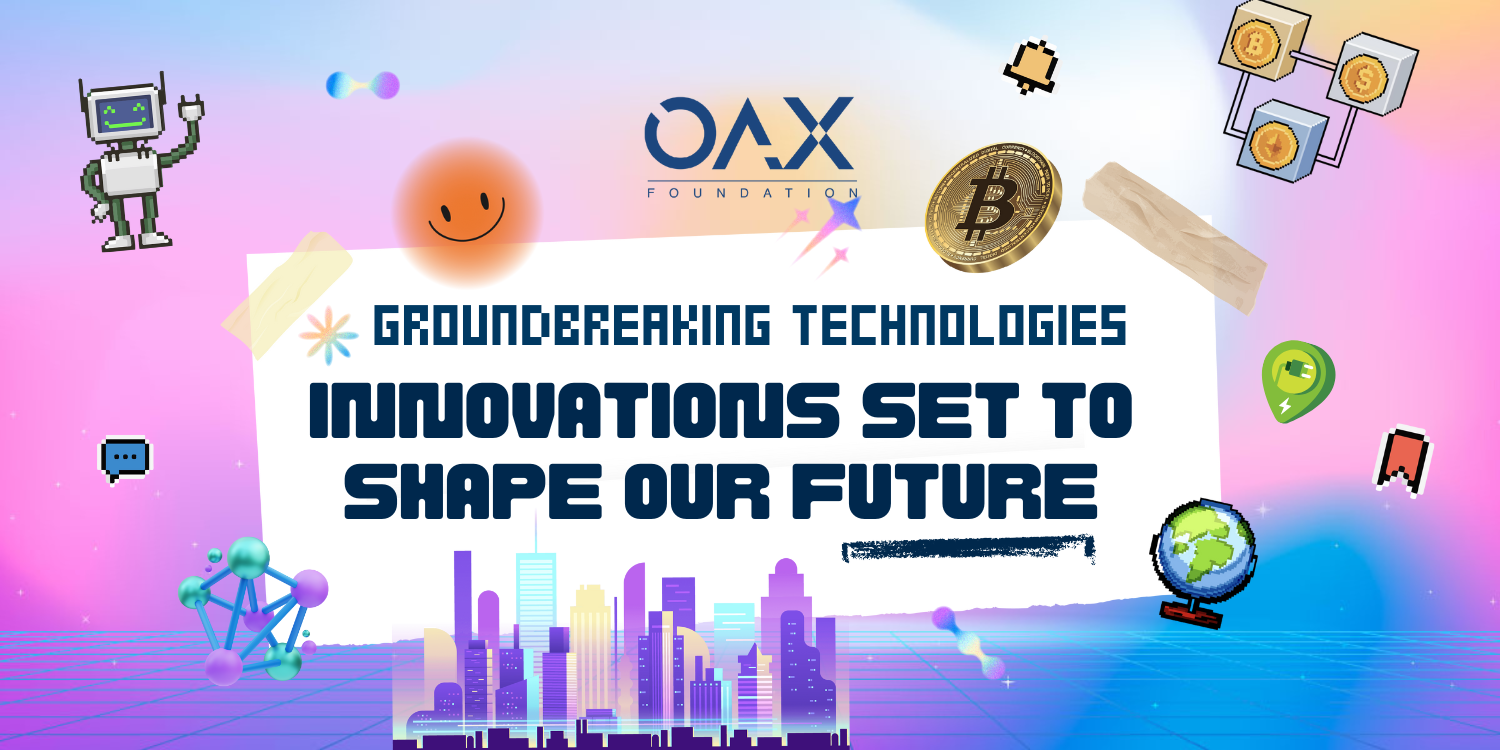
The Next Decade’s Tech Revolution: 4 Trends Redefining Work, Wealth, and Human Potential
At OAX, we are dedicated to advancing decentralized blockchain ecosystems, yet we cannot overlook the broader technological forces reshaping our world. From the intensifying U.S.-China chip war to AI regulations shifting global power dynamics, technology has become a strategic asset for nations and innovators alike. This highlights the critical importance of staying at the forefront of global innovation.
That’s why OAX actively engages in leading conferences, such as Consensus earlier this year and the recent AWS Summit in Hong Kong, where we connect with investors, startups, and enterprises in dynamic discussions that ignite our vision. By strategically positioning ourselves in this rapidly evolving tech landscape, we’re not just observing the future, we’re helping shape it.
As we step into Q2 of the 21st century, we predict four technology sectors that are poised to transform our lives, from sci-fi concepts to real-world utilities. These aren’t just technological breakthroughs; they’re catalysts for a new era of work, creativity, human capability, and economic freedom with profound societal impacts. Read on to discover why they matter to you.
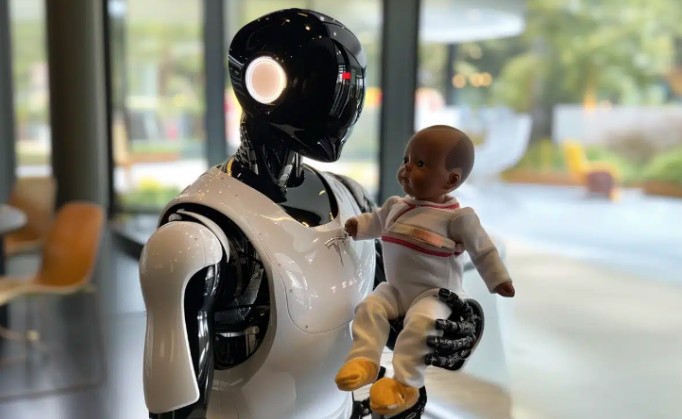
1. Robotics: The New Industrial Workforce
NVIDIA’s CEO, Jensen Huang, recently emphasized robotics’ transformative potential, stating, “If AI is the brain, robots are the body.” Robotics is set to revolutionize industries, with Tesla’s Optimus robot leading the charge. In 2025, Optimus aims to automate repetitive factory tasks with AI-driven precision. Chinese companies like BYD and Unitree are also advancing, leveraging their electric vehicle expertise to produce affordable industrial robots.
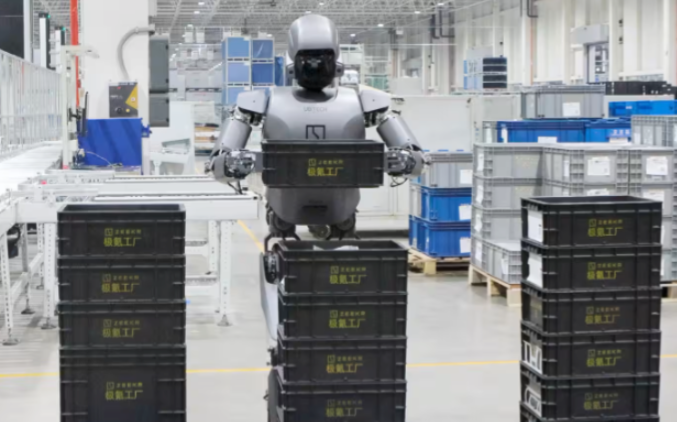
We anticipate a productivity boom, though debates persist about Optimus’s readiness. This isn’t about personal robot butlers cleaning houses or babysitting, yet. Instead, robotics will supercharge manufacturing and logistics, freeing humans for strategic roles. While job displacement is a concern, upskilling can bridge the gap.
Humanoid robots could become as commonplace as forklifts or cranes, reshaping physical labor jobs. The impact? Skyrocketing productivity, reduced costs, and accelerated innovation. Professionals must adapt to lead alongside these tireless teammates. With artificial general intelligence (AGI) still distant, human contextual thinking remains a key advantage. Just as a sports car needs a driver, robots need human guidance to excel.
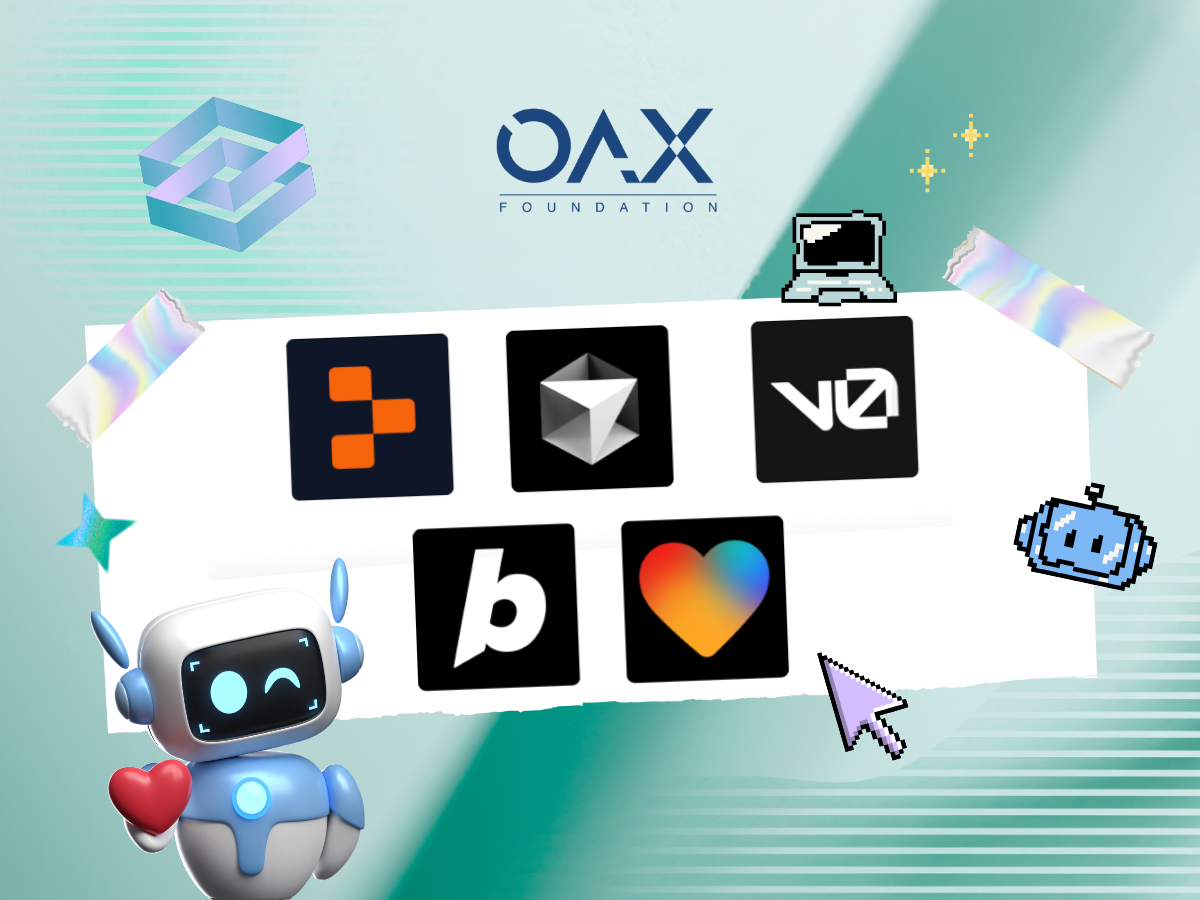
2. No-Code AI: Everyone’s a Coder
No-code AI is upskilling the workforce, enabling anyone to become a coder and boosting efficiency. In 2025, platforms like Cursor, Bolt.new, Lovable, and V0 allow users to build apps by simply describing ideas, no coding required. Amazon Q has penetrated workplaces empowering departments to create custom apps without IT support, streamlining operations. with ease of deployment, security and configuration. While many of these solutions are deployed globally, China has its own native no-code platform: Miaoda by Baidu, adopted by more than 20,000 enterprises, aimed to streamline app development.
This “vibe coding” revolution enables employees, entrepreneurs, and students to rapidly develop tools, from business apps to prototypes. We’re seeing more teenage founders worldwide launching products and securing investments. The impact is massive: workforces upskill, efficiency soars, and innovation becomes accessible to all.
Security bugs remain a challenge, but platforms are improving. No-code AI could redefine productivity, making coding a universal skill. This opens new opportunities for innovation with lower technical barriers, where domain expertise is increasingly valued. However, the rush to monetize may lead to poor user experiences or fragile systems. Regardless, we’re on the verge of explosive growth in software applications. Start experimenting, your next big idea is just a prompt away.
3. Neuralink: Limitless Human Potential
While AI and robots enhance productivity, what if humans themselves could be upgraded? Stepping into territory once reserved for sci-fi like Black Mirror, Neuralink is making such advancements feel closer than ever.
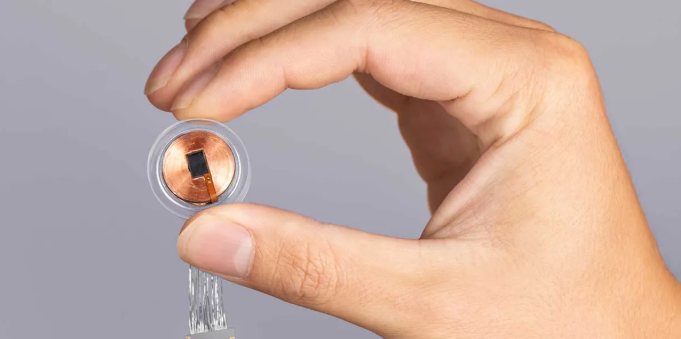
Neuralink’s N1 implant is already life-changing for patients with paralysis or ALS, enabling them to control devices through thought. Early successes, like a patient playing chess mentally, have been groundbreaking. The company has expanded trials to further explore these capabilities.

Unlike AI’s potential to disrupt jobs, Neuralink offers boundless possibilities, restored abilities, enhanced cognition, or even skill acquisition through neural interfaces. Imagine downloading knowledge directly to your mind. Questions arise: How will we learn? Who controls access to knowledge databases? What does intelligence mean if we share the same data sources? Regulatory and ethical challenges loom, but the impact is clear: lives transformed, starting with medical miracles, and a future where human potential knows no limits. Will you embrace or question this frontier?
4. Blockchain: The New Economic Order
Blockchain has birthed decentralized digital currencies, with Bitcoin challenging the weakening U.S. dollar. As governments and institutions increase their stakes, Bitcoin’s market cap, surpassing $2 trillion, has outpaced companies like Amazon, ranking among the top global assets. Are we witnessing the rise of a new leading currency?
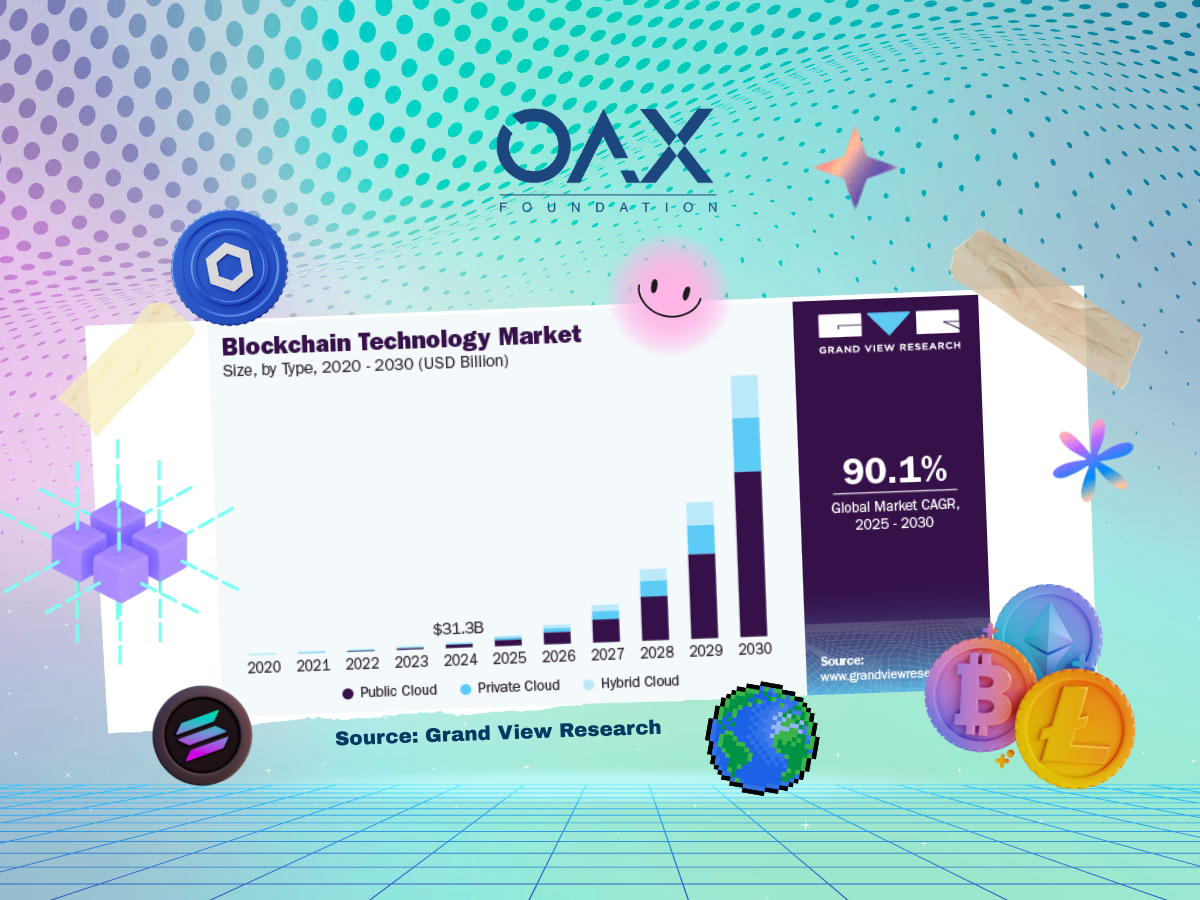
With the USD strained by debt and inflation, Bitcoin emerges as “digital gold.” ETF adoption by firms like BlackRock and strategic moves by governments signal its potential as a reserve asset. Ray Dalio’s currency cycle theory suggests fiat currencies’ decline could pave the way for alternatives. While Dalio has pointed to China’s CNY, Bitcoin’s decentralized nature makes it a compelling dark horse, free from centralized control.
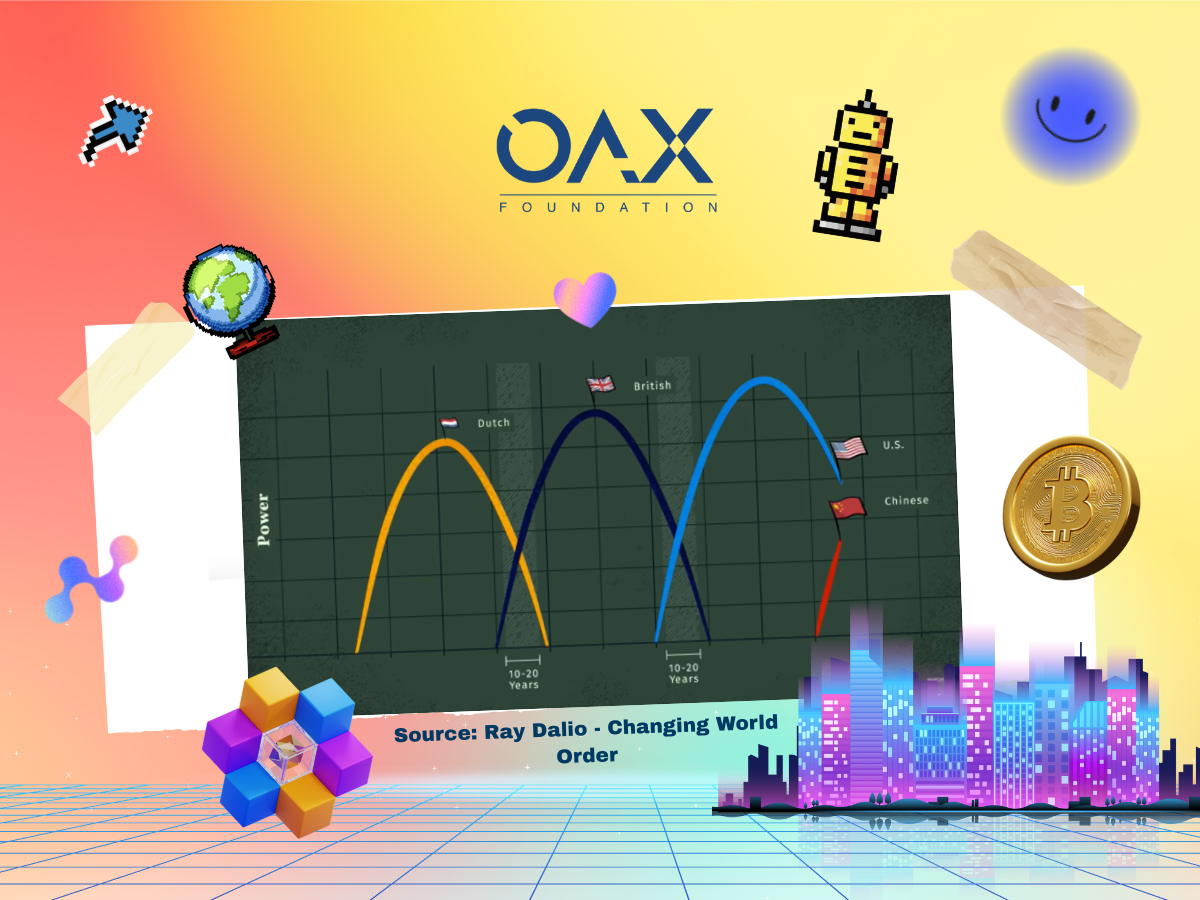
Referencing The Sovereign Individual, written over two decades ago, blockchain enables wealthy individuals to allocate assets into digital currencies that can be freely transferred without obligation to any party. Thriving blockchain infrastructures like Ethereum and Solana provide rails for adoption and applications meeting diverse needs. As history shows, currencies rise and fall with nations’ power. Could digital currencies herald a new asset class? Now is the time to question where you allocate your wealth.
The Future Is Yours to Shape
We’re entering an era of exhilarating technological advancements with profound societal impacts. Robotics is rebuilding industries, no-code AI empowers creators, Neuralink unlocks human potential, and blockchain redefines economies. These aren’t distant dreams but realities taking shape.
Challenges like regulation and inequality persist, but the opportunities are unprecedented. We’re living through history’s greatest tech shift. Lead, innovate, and shape the future. What’s your move in 2025?
Disclaimer: The above is an opinion piece written by an authorized author, but in no way represents the official standpoint of OAX Foundation Limited, nor should it be meant to serve as investment advice.


